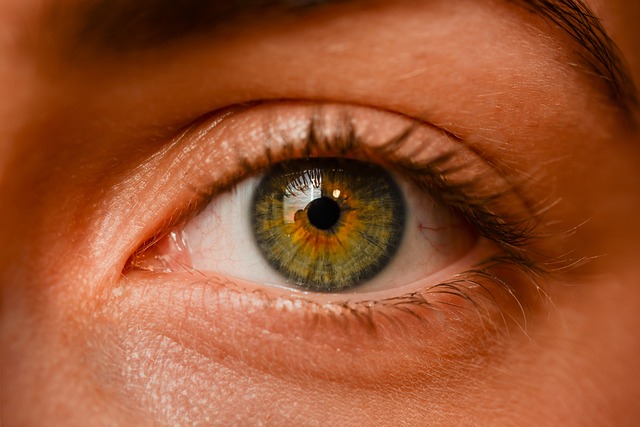As a writer, I have come to realize that we often take our senses for granted, especially our sight. Our eyes are an integral part of our daily lives, and we rely on them to accomplish most tasks. However, what happens when our eyes become the source of a deadly disease such as cancer? In this blog post, we will delve deeper into eye cancer symptoms, types, causes, diagnosis, treatment, and prevention. It is essential to note that early detection and awareness are crucial in fighting this disease.
Introduction to Eye Cancer
Eye cancer, also known as ocular cancer, is a rare type of cancer that affects different parts of the eye, such as the iris, retina, and conjunctiva. Cancer can develop in the eye or spread to the eye from other parts of the body. Eye cancer can affect anyone, regardless of age or gender, but it is most common in older adults.
Understanding the Different Types of Eye Cancer
There are several types of eye cancer, and each type is classified based on the specific part of the eye affected. The most common types of eye cancer include uveal melanoma, retinoblastoma, and conjunctival melanoma. Uveal melanoma is the most common type of eye cancer in adults, while retinoblastoma is the most common type in children.
Common Causes and Risk Factors of Eye Cancer
The exact cause of eye cancer is unknown, but some factors increase the risk of developing the disease. These risk factors include age, gender, race, family history, and exposure to UV radiation. People with fair skin, light-colored eyes, and a history of skin cancer are also at a higher risk of developing eye cancer.
Early Stage Eye Cancer Symptoms
In the early stages of eye cancer, there may be no visible symptoms, making it challenging to detect. However, some early signs may include changes in vision, such as blurriness, decreased vision, or seeing floaters. Other early symptoms may include eye pain, redness, or swelling.
Advanced Stage Eye Cancer Symptoms
As the disease progresses, the symptoms become more severe. In advanced stages of eye cancer, symptoms may include bulging of the eye, a change in the shape of the pupil, or a noticeable lump on the eyelid. Other symptoms may include vision loss, double vision, or even complete blindness.
Eye Cancer Diagnosis and Treatment Options
If you suspect that you have eye cancer, it is essential to seek medical attention immediately. Your doctor will conduct a thorough eye examination, which may include imaging tests such as an ultrasound, MRI, or CT scan. If cancer is detected, your doctor will recommend the best treatment option, which may include surgery, radiation therapy, or chemotherapy.
Eye Cancer Prevention and Self-Examination Techniques
Although there is no sure way to prevent eye cancer, there are steps that you can take to reduce your risk. These steps include wearing UV-protective sunglasses, avoiding tanning beds, and protecting your eyes from harmful chemicals. Additionally, it is crucial to perform self-examinations regularly to detect any changes in your eyes.
Eye Cancer Survivor Stories and Support Groups
Eye cancer can be a traumatic experience, and survivors often face physical and emotional challenges. However, there is hope, and many people have overcome the disease. Survivor stories can provide inspiration and hope to those currently battling the disease. Support groups are also available to help survivors connect with others who have gone through similar experiences.
Eye Cancer Research and Advancements in Treatment
Advancements in technology and research have led to significant improvements in the diagnosis and treatment of eye cancer. Researchers are continually studying new treatments, including immunotherapy and gene therapy, which may provide better outcomes for patients.
Conclusion: The Importance of Early Detection and Awareness
In conclusion, eye cancer is a rare but deadly disease that requires early detection and awareness to fight effectively. Understanding the different types, causes, and symptoms of eye cancer can help individuals take preventive measures and seek medical attention when necessary. By working together and staying informed, we can increase awareness and ultimately save lives.
for more details: Eye Cancer Symptoms: Sign of a Deadly Cancer to Spot When Taking a Photo




